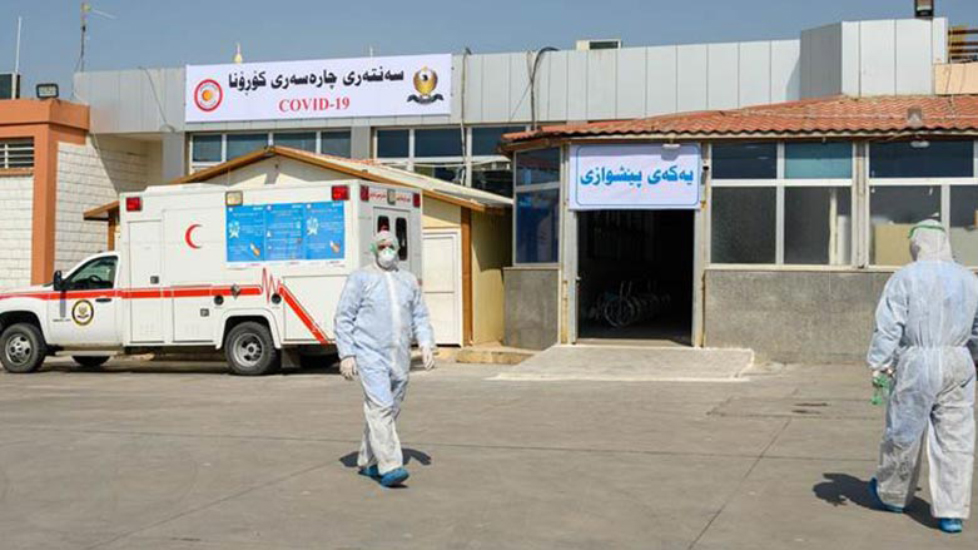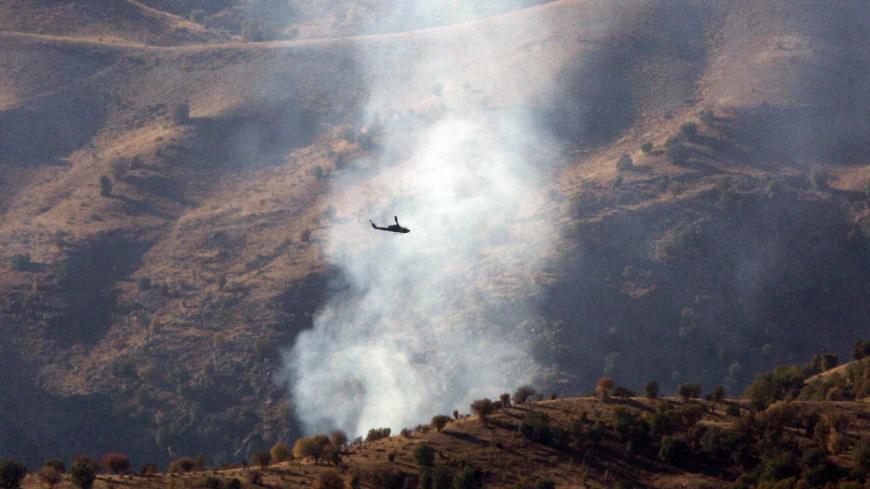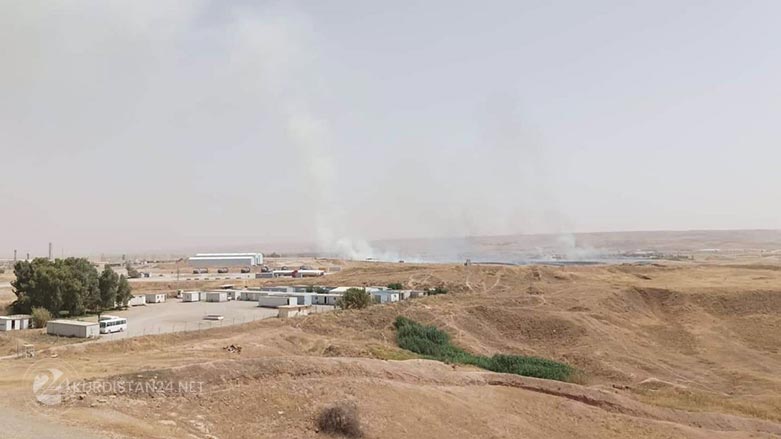Shkoi Kurdistan
The Kurdistan Region’s Ministry of Health announced a record rate of recovery from the coronavirus, with 1,946 cases of recovery, while it recorded 240 new cases of the virus over the past 24 hours.
The statement from the region’s health ministry explained that during the past 24 hours, 115 individuals had been quarantined, making for a total of 1,633 people quarantined in 29 different locations in the region. The ministry, furthermore, conducted 2,232 tests within that period, with 240 individuals testing positive.
The statement also explained that 14 people had died from the virus over the past twenty-four hours: nine were from Sulaimani province, which has consistently had the highest rate of infections and deaths, because of its proximity to Iran, which was the original epicenter of the virus in the Middle East and now has the most coronavirus cases of any country in the region.
The Kurdistan Ministry of Health recorded two more deaths in the Garmiyan administration over the past 24 hours and another two in Halabja. One death occurred in the Rapareen administration.
The statement noted that the total number of infections in the Kurdistan Region rose to 9,695. Again, Sulaimani has suffered the most, with 6,668 cases of infections; 2,443 in Erbil; 296 in Duhok; and 288 in Halabja.
There have also been 5,324 cases of recovery, with 4,031 active cases remaining under medical care.
Earlier today, the governor of Erbil, Firsat Sofi, warned that the health situation in the province had entered a “very critical” stage. Speaking at a press conference, Sofi called on all citizens to “protect themselves,” after the government has implemented all possible means of protection.
“Currently, the situation of Erbil is at risk, as infections are on the rise and the number of deaths are also on the rise,” Sofi said.
“We currently have a problem with a lack of medical staff and health personnel, and we previously warned that if the number of people infected with the virus increases, we will not be able to absorb it,” was his stark assessment.




